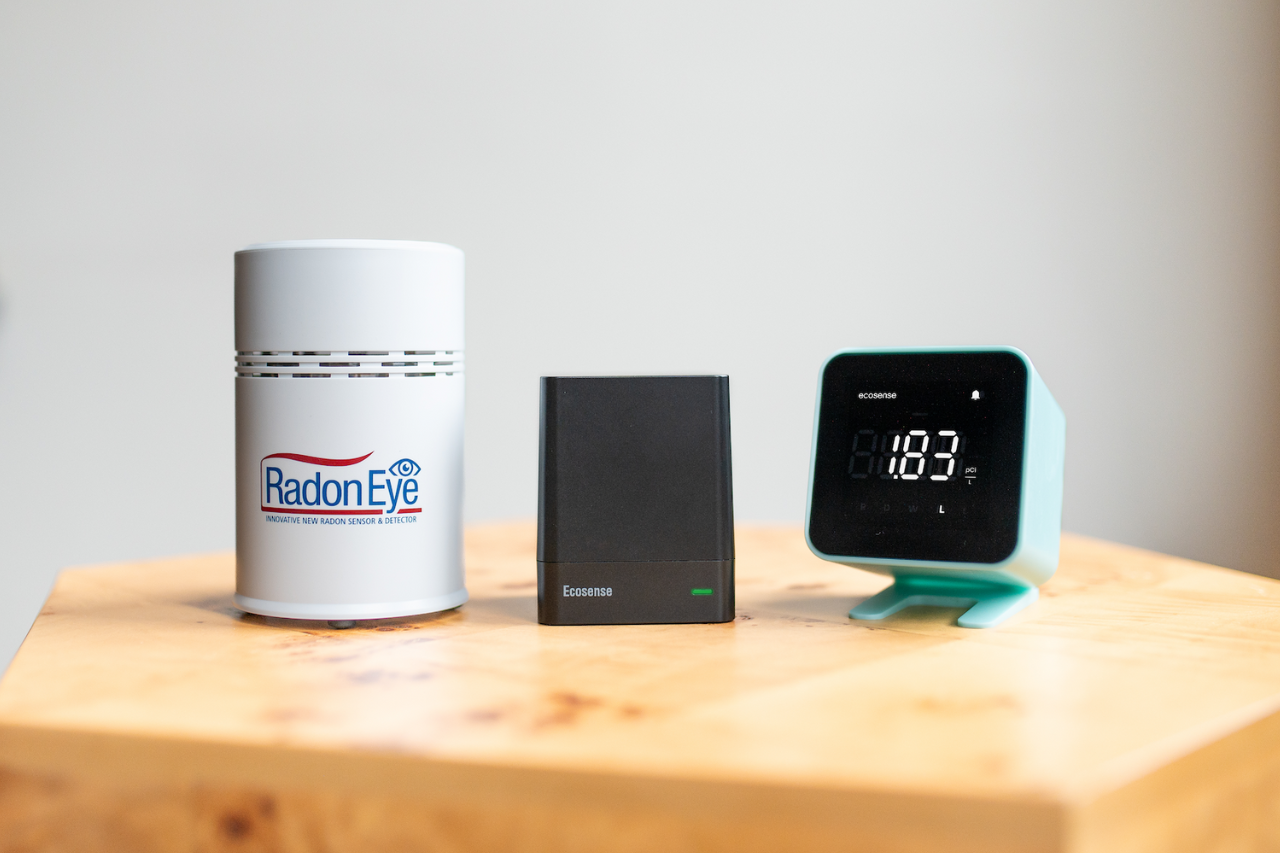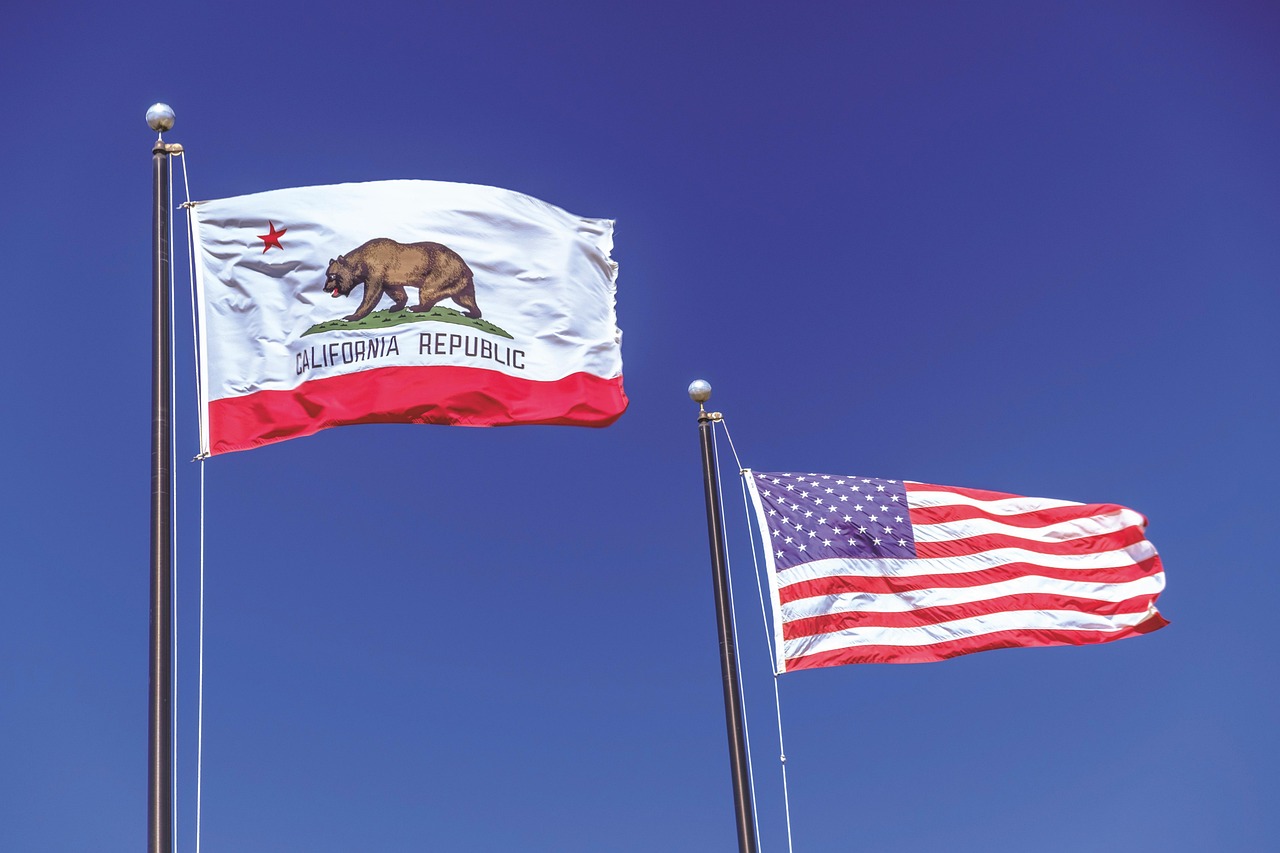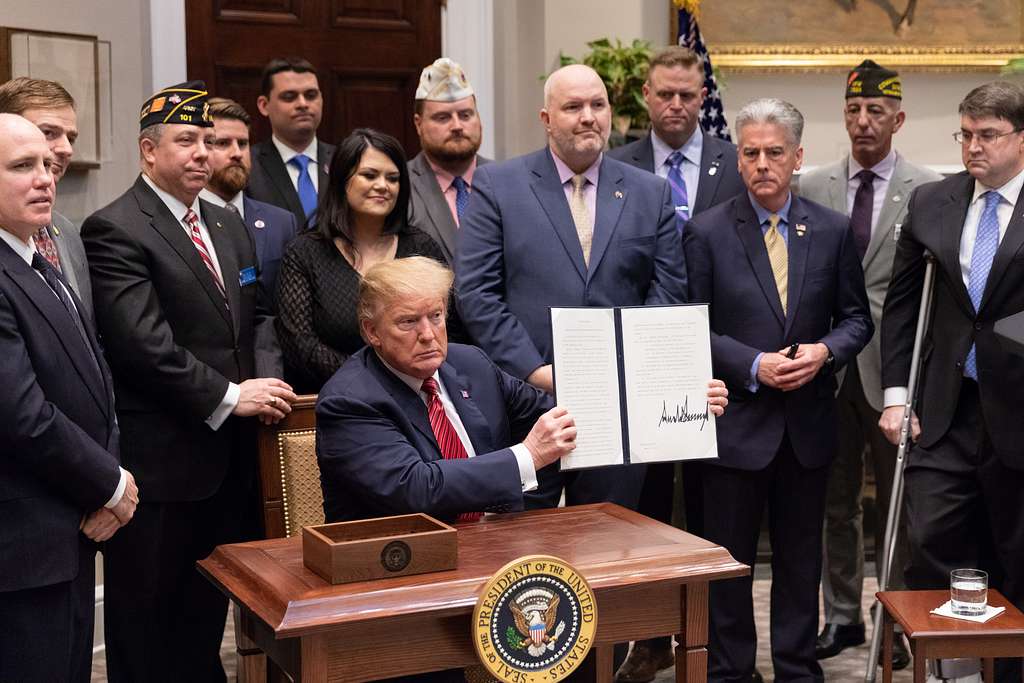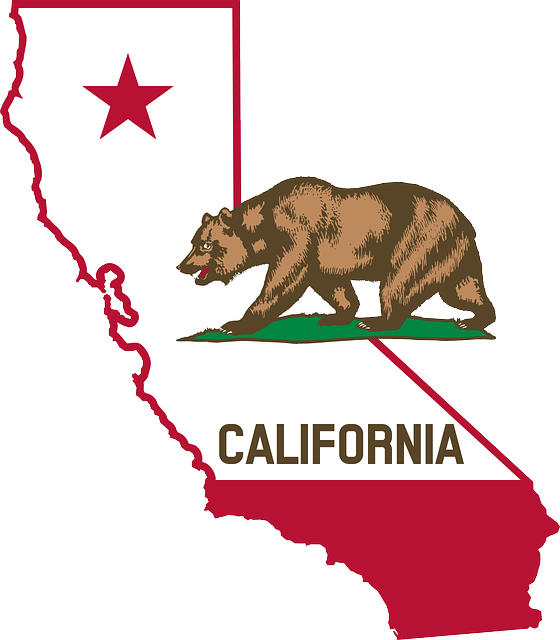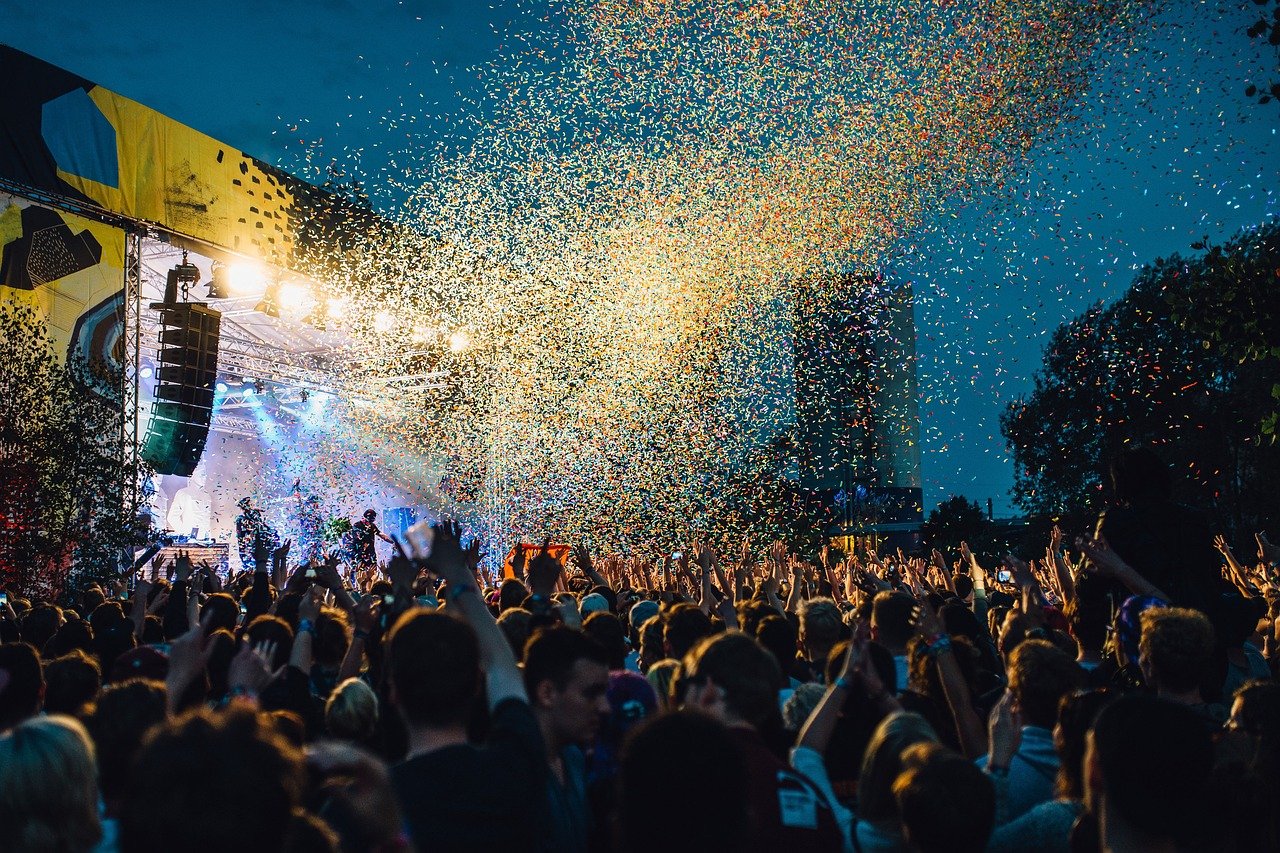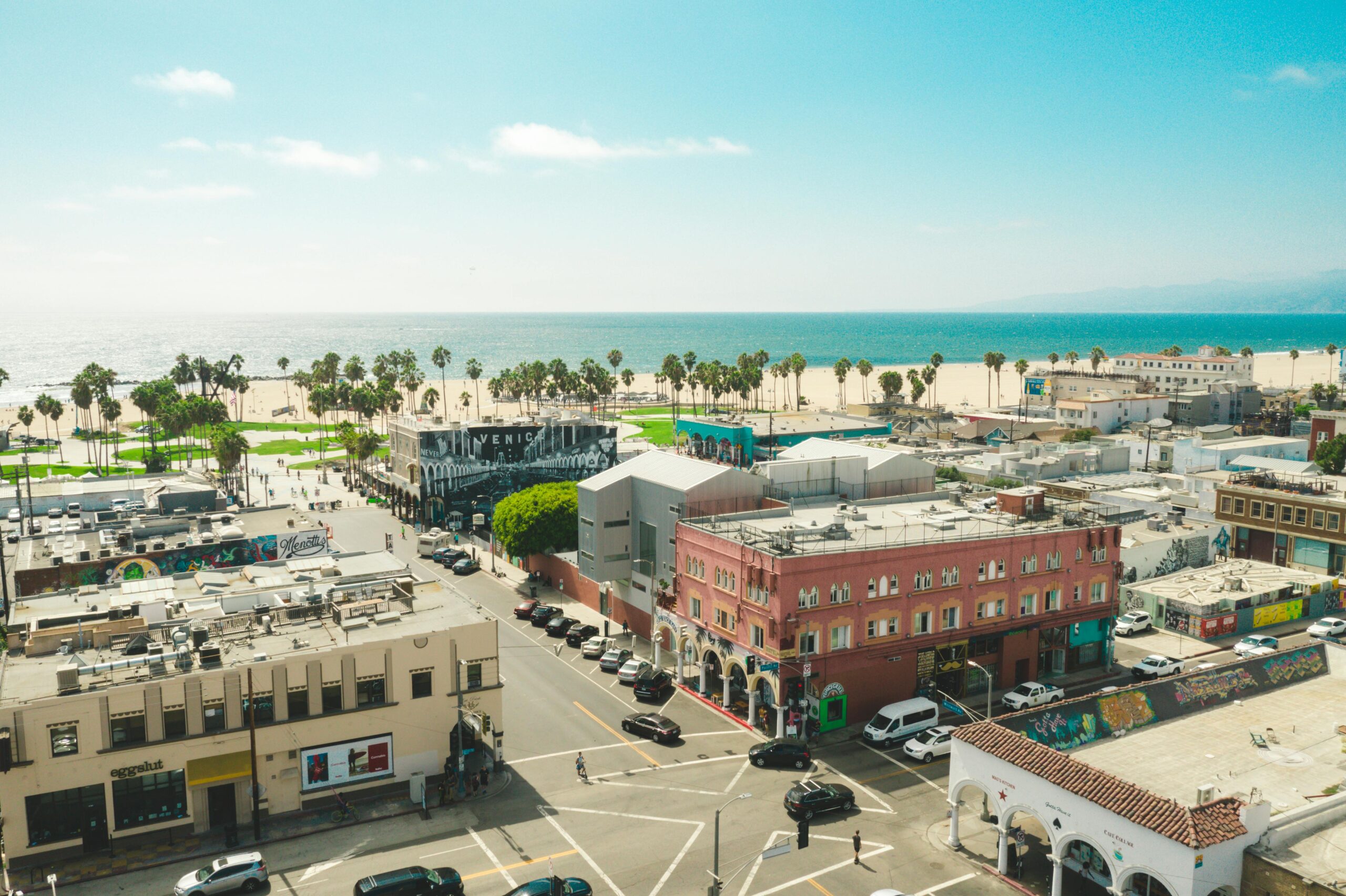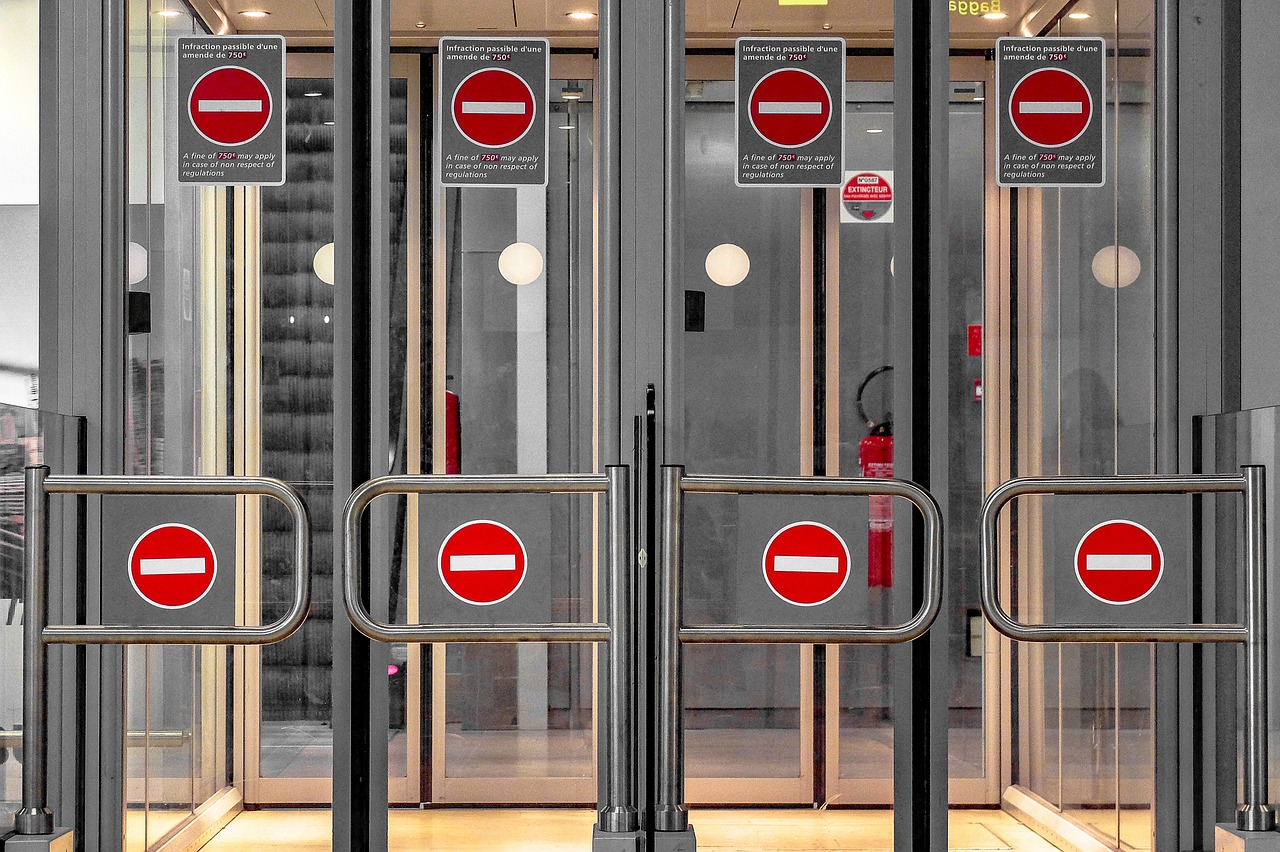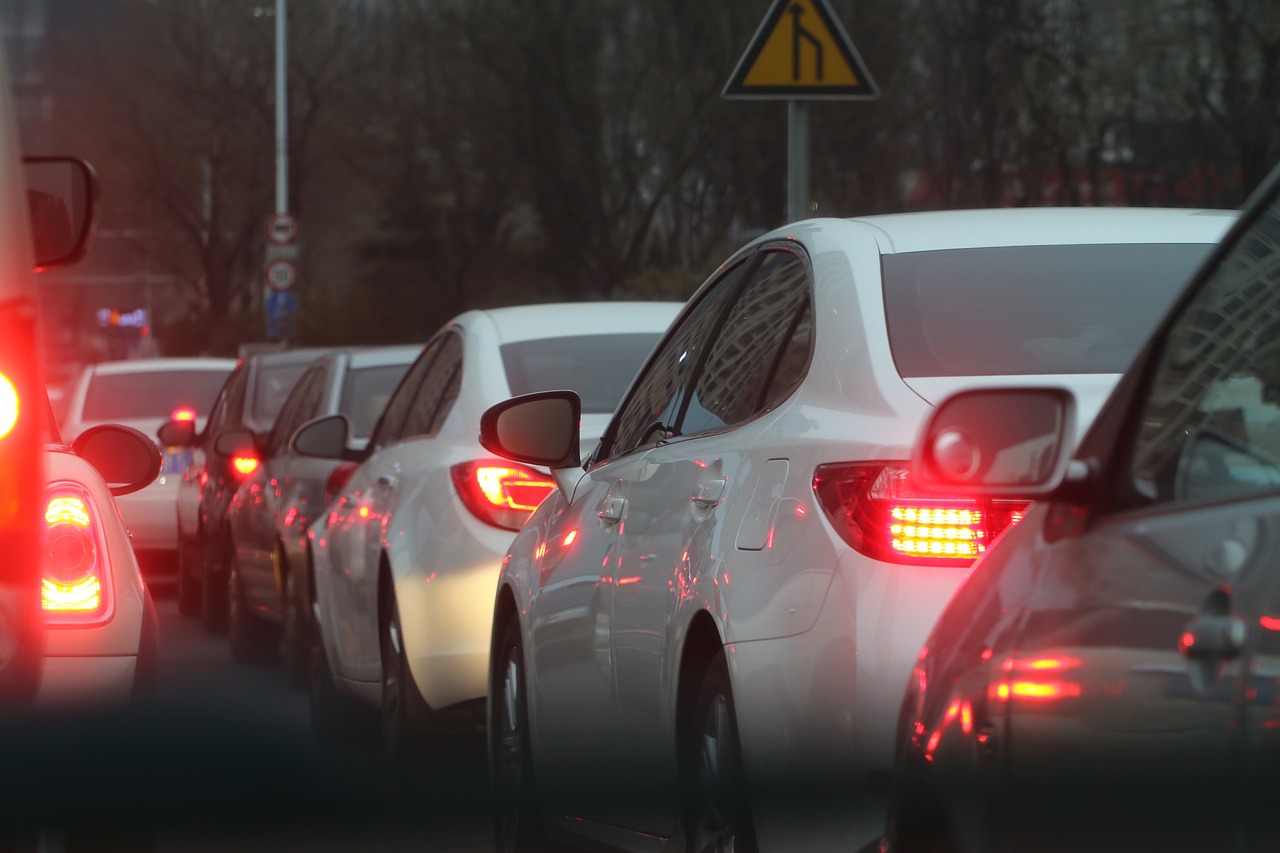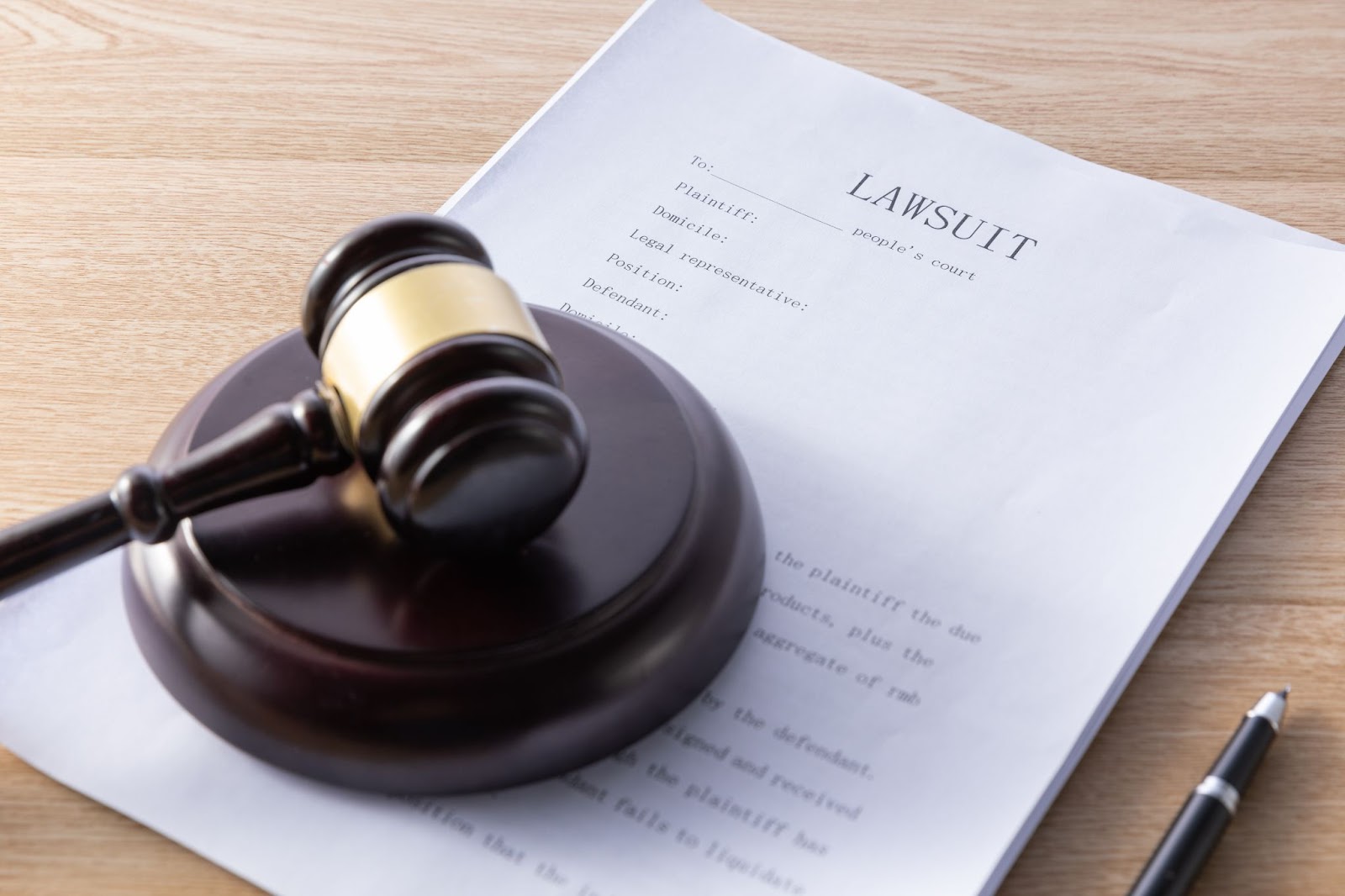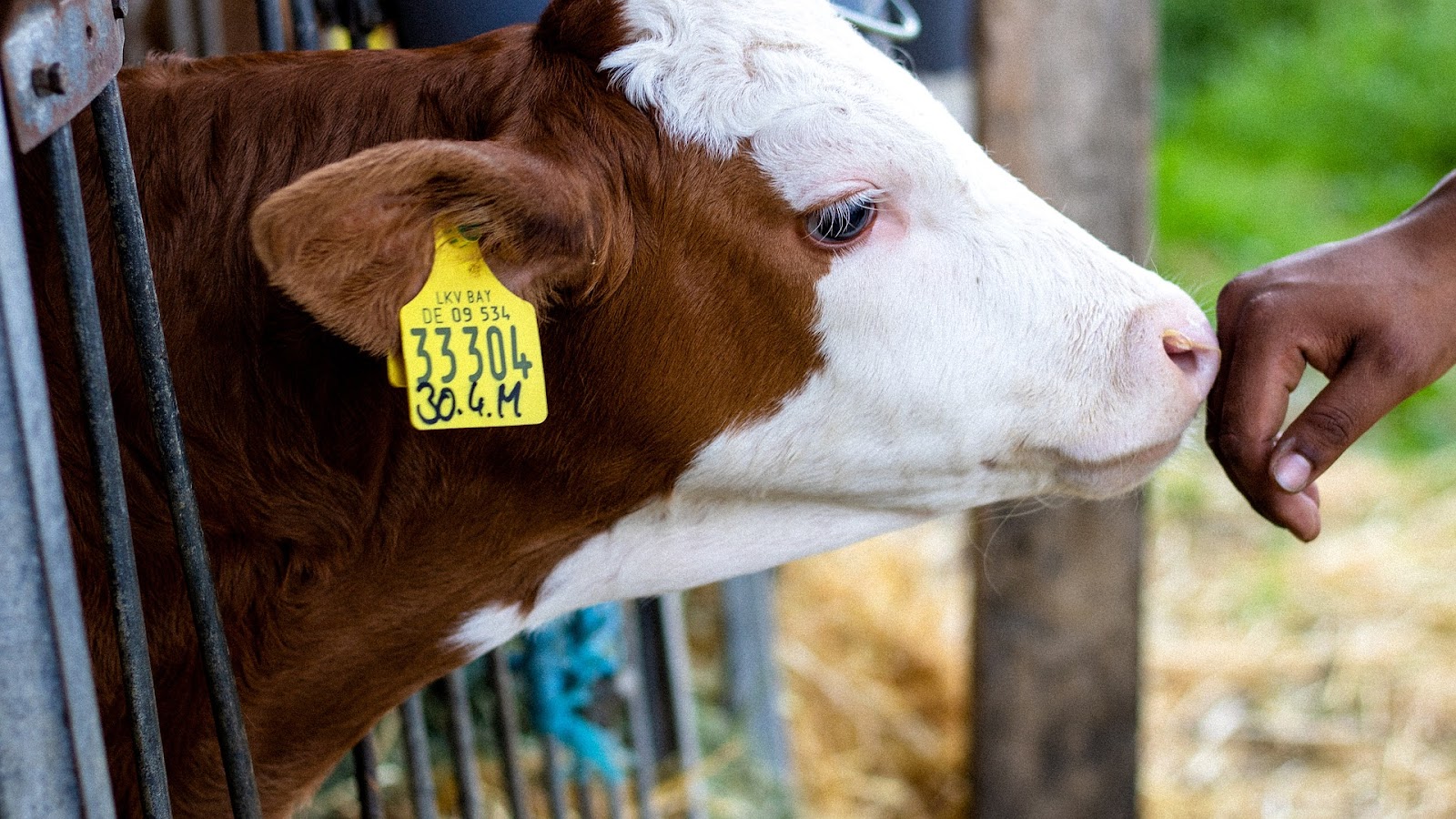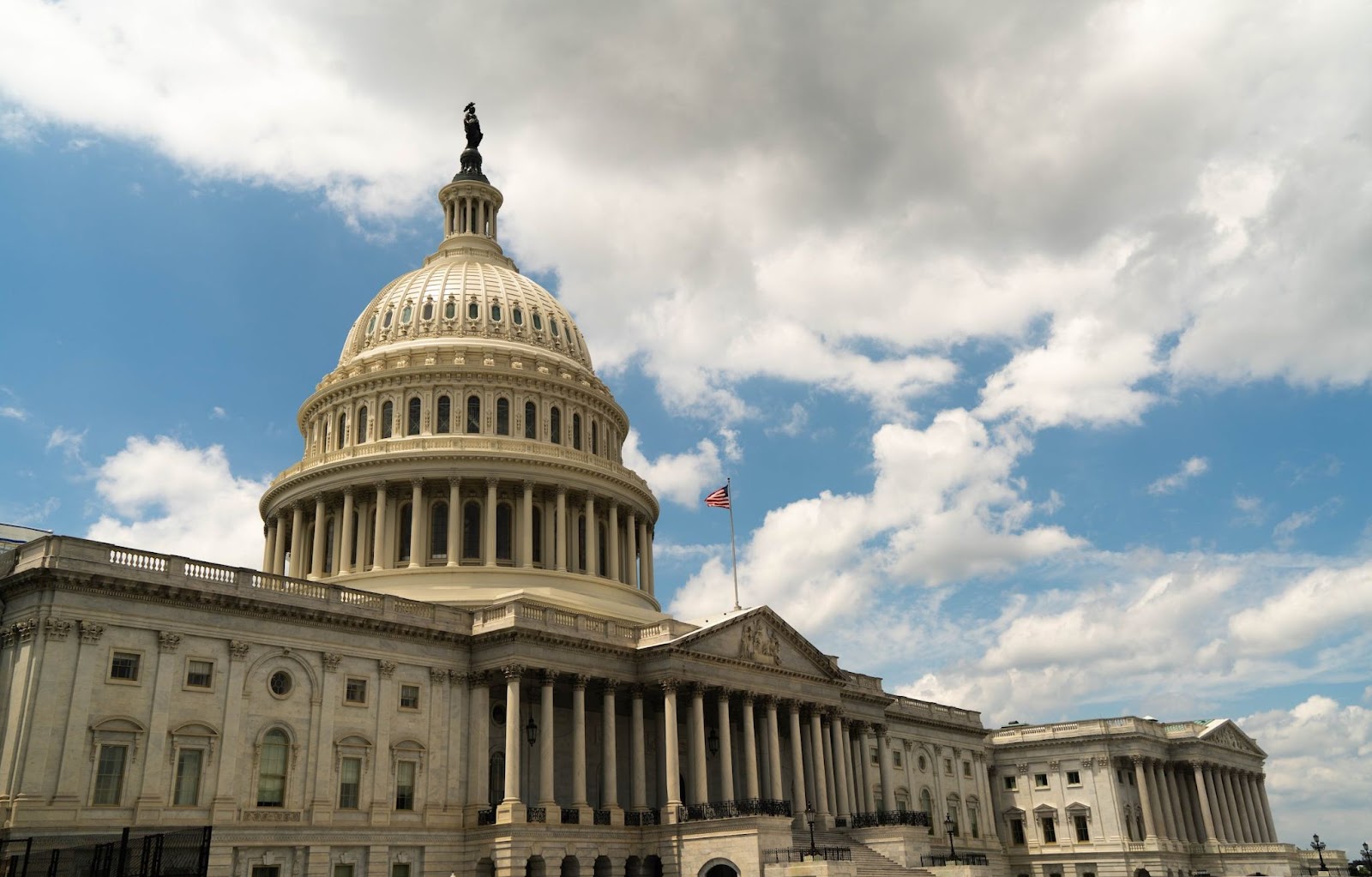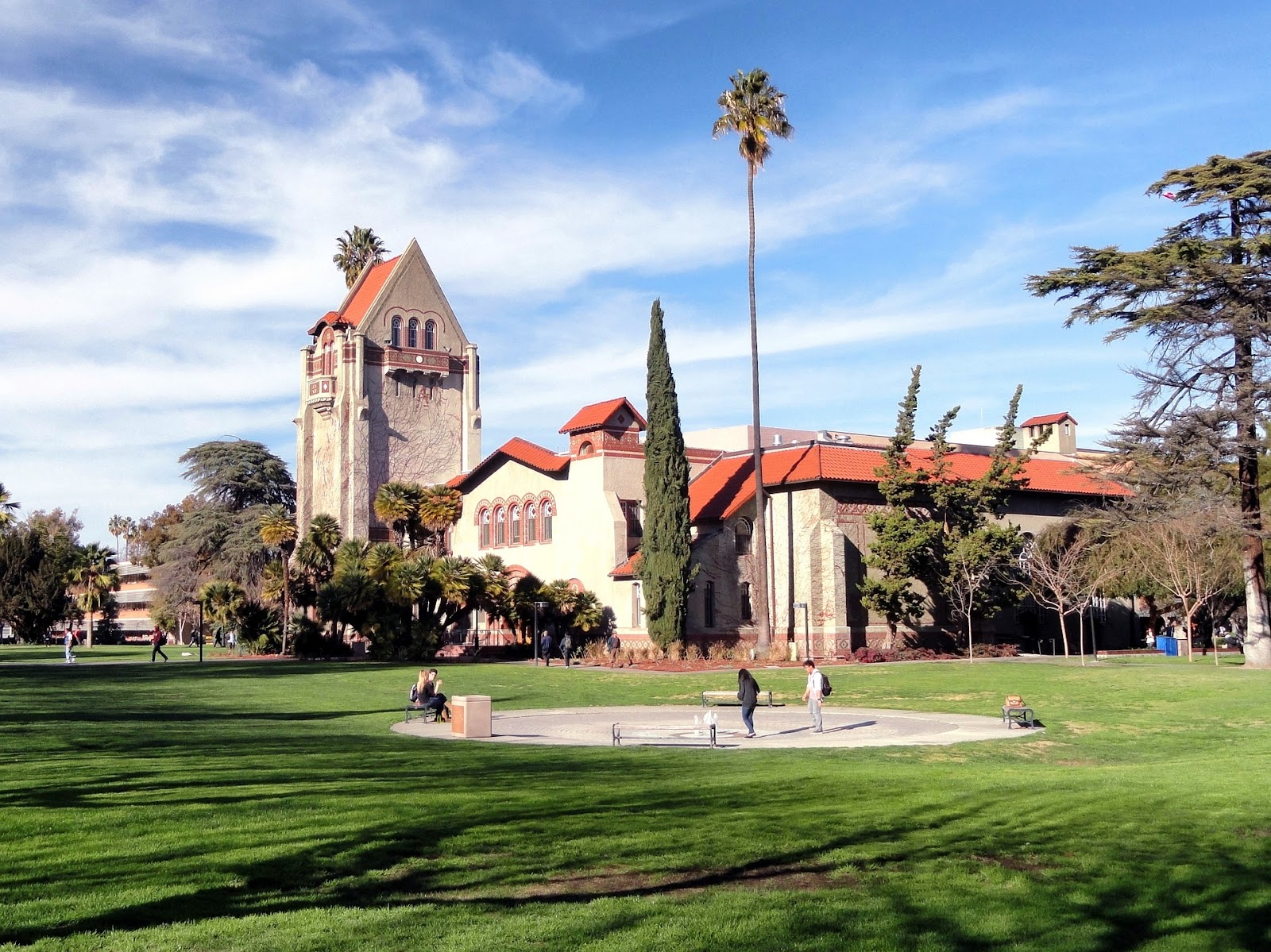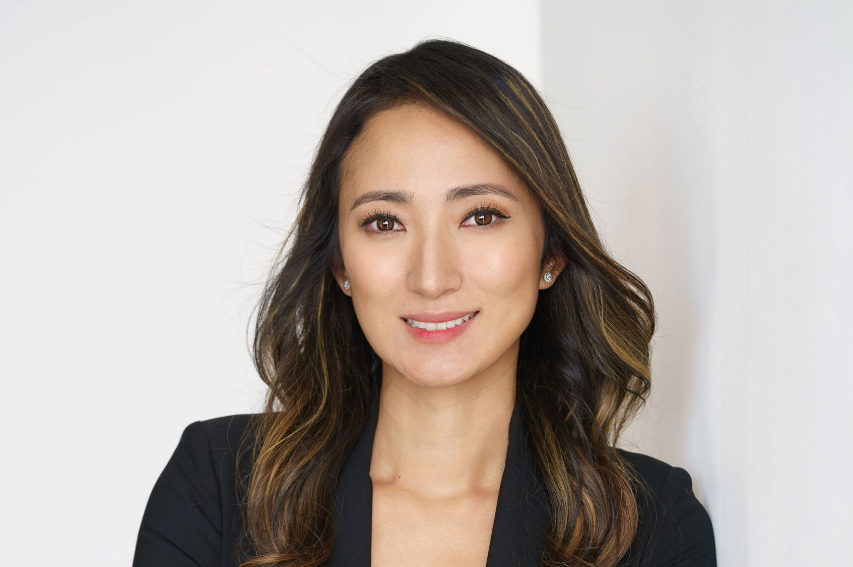AI technologies are becoming increasingly integrated into the structure of corporations, directly impacting numerous individuals’ daily lives. California lawmakers are hoping to find structure and boundaries for AI’s usage. They aim to build public trust, fight algorithmic discrimination, and prevent deepfakes that involve elections or pornography.
Home to many of the world’s largest AI companies, California could become the model for effective AI regulations across the nation. The Golden State already has strong privacy laws, which better positions California to enact impactful rules than other states with significant AI interests, like New York, said Tatiana Rice, deputy director of the Future of Privacy Forum, a nonprofit that works with lawmakers on technology and privacy proposals.
California’s Push for AI Regulation
Ready to set AI regulations, a wealth of proposals addressing AI concerns advanced last week. They are now waiting to win the other chamber’s approval before being handed to Governor Gavin Newsom. The Democratic governor has declared his desire to make California an early adopter and regulator, stating, “We want to dominate this space, and I’m too competitive to suggest otherwise… I think the world looks to us in many respects to lead in this space, so we feel a deep sense of responsibility to get this right.”
The state could soon deploy generative AI tools to address highway congestion, make roads safer, provide tax guidance, and establish new rules against AI discrimination in hiring practices.
Some companies, including hospitals, are already using AI models to define decisions about hiring, housing, and medical options for millions of people who need more oversight of the technology. Despite many US employers using AI to assist in hiring, the algorithms used to make such decisions remain a mystery.
California aims to address this technology usage in one of the most ambitious AI measures, highlighting how these models work and establishing an oversight framework to prevent bias and discrimination. Such legislation would require companies using AI tools to participate in the decision-making process that determines results and inform people affected when AI is used. The state attorney general would also be granted authority to investigate reports of discriminating models and impose $10,000 per violation fines.
Seeking to facilitate prosecuting individuals who use AI technologies to create images of child sexual abuse is a bipartisan coalition battling current laws that prevent district attorneys from going after people who possess or distribute AI-generated child sexual abuse images.
Tackling AI-Generated Deepfakes
Further fighting AI-generated images, a group of Democratic lawmakers are also supporting a bill that addresses election deepfakes, which is the digital alteration of an individual usually done out of malice. Concerns over deepfakes rose after AI-generated robocalls mimicked President Biden’s voice recently ahead of the New Hampshire presidential primary. The proposal calls for banning “materially deceptive” deepfakes related to elections in political mailers, robocalls, and TV ads 120 days before Election Day and 60 days after.
While other AI proposals are being considered, California is eager to address and regulate this technology’s usage. The state cites the hard lessons it learned from refraining from reigning in social media companies when it had the chance. Despite California’s efforts to set regulations on AI use, the state continues to hope to attract more AI companies to the state.







